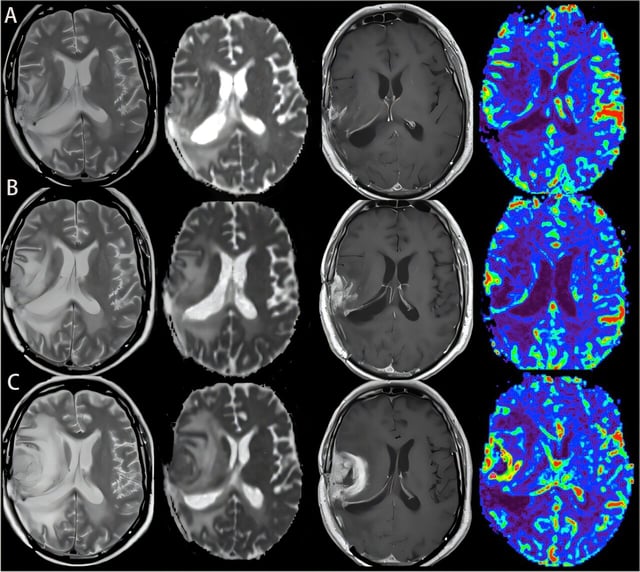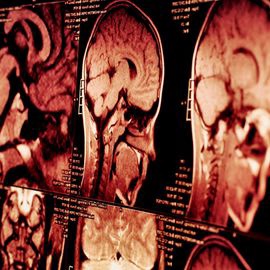Overview
- A peer-reviewed Nature Neuroscience study from MECCC and Albert Einstein shows glioblastoma erodes skull bone, reshapes skull marrow, and perturbs immune responses.
- Mouse imaging and patient CT scans revealed skull thinning at sutures and an expansion of microscopic skull-to-brain channels linked to tumor presence.
- Single-cell analyses found a shift toward inflammatory myeloid cells in skull marrow, nearly doubling neutrophils while depleting multiple B-cell subsets, with femur marrow showing suppressed immune-production genes.
- In preclinical models, the anti-osteoporosis drugs zoledronic acid and denosumab halted skull erosion, and zoledronic acid accelerated progression in one glioblastoma subtype.
- Both bone-targeting drugs abolished the survival benefit of anti-PD-L1 immunotherapy in mice, underscoring caution in combining anti-resorptives with checkpoint blockade.

